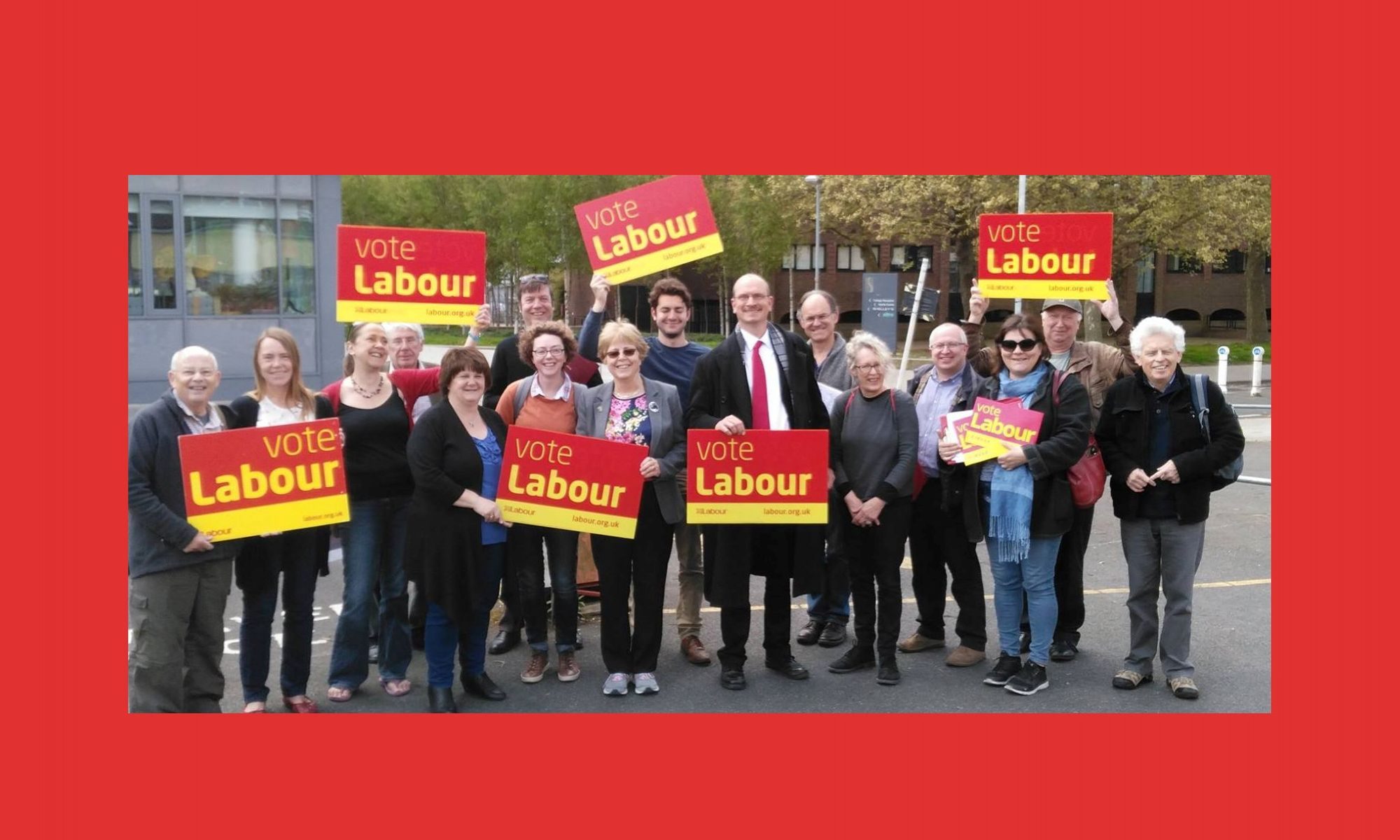On Wednesday the Interim Chief Executive Officer of the Bright Tribe Trust – responsible for Cliff Lane and other schools – wrote to me that her Trustees were “of the view that rebrokering the Bright Tribe schools to new multi-academy trusts will benefit them all, and their students.” I had asked if there were reasons why Bright Tribe was relinquishing control of Cliff Lane but not of other schools – her answer seems to be that they are giving up all their schools. And she also agrees that schools should be locally managed.
I can’t see the point of national Multi-Academy Trusts with schools dotted about the country. Local teachers, working with the parents, know best what their children need. I don’t approve of national organisations creaming off a percentage of the overall income of the school – schools are hard-strapped enough as it is. What I hadn’t expected was for the Chief Executive of one of those national Academy Trusts to agree with me.
I am convinced that the present Government see Academy Trusts as a way to privatise education. Once schools are dependent on national organisations, it is a short step to make those organisations profit-making ventures. Of course, the profits will not come straight from the parents – the schools will still be nominally in the public sector, but they won’t be controlled by the public sector, and the academy trusts can join all those other companies that are profiting from taxpayers’ money by running prisons, or security companies, or benefits assessments.
That may be a step away in education, but it is already happening in health. On 1st November this year, Care UK will start its new 5-year contract to deliver “enhanced integrated urgent care services” across Suffolk and North-East Essex. This will include NHS 111 – the phone advice service – and the out-of-hours GP service.
Care UK have already been operating most of the NHS 111 service in our County. They took on the contract for residential care homes to replace the ones that Suffolk County Council used to own and run when it was a Labour-led Council. They are one of the biggest care companies in Britain, and the biggest private provider of health services to the NHS. Many of the things that we assume are being done by the NHS are in fact being done – for profit – by Care UK, with the money coming out of the NHS budget.
Care UK have investors who own the company and who demand a dividend. The ownership of Care UK is very complicated. In 2010 when they were taking on residential care in Suffolk, I pointed out that council tax payers’ money was going to pay off the American hedge fund that had bought them out. Although Bridgepoint, the owners, reportedly tried to sell Care UK this spring, in September 2018 Care UK is still listed as an investment on Bridgepoint’s website.
The new Integrated Care contract has publicised how much better a joined-up service will be. I couldn’t agree more. Doctors and nurses and pharmacists and dentists, hospitals and GP services and the phone service DO all need to work together. And local voluntary groups and charities are getting involved too. But as with Academy chains, I fail to see what benefit this private company adds to the excellent work being done by local medical people.
So what are the dangers? Since late 2017, Care UK has started offering patients “self-pay” options to jump the waiting list queues if they pay for their treatment. So far, this has only been tried in the Bristol area, but I will be surprised if it isn’t followed everywhere. If the only way to make a profit is to start charging patients for their treatment, then eventually that is what will happen.
There is an even greater danger. Care UK will make decisions based on whether it can make a profit. Health services or care homes could be suddenly closed down if the money isn’t right. This happened in the past with Southern Cross in Essex.
However well Care UK might be performing now, privatisation is driving a coach and horses through the founding principles of the NHS. For 60 years, health and education have been free for users and provided by dedicated public sector professionals. Countries with private education and private health mostly pay more for a worse service. I believe British people want their schools and their NHS to stay public, and will vote to keep them that way.
